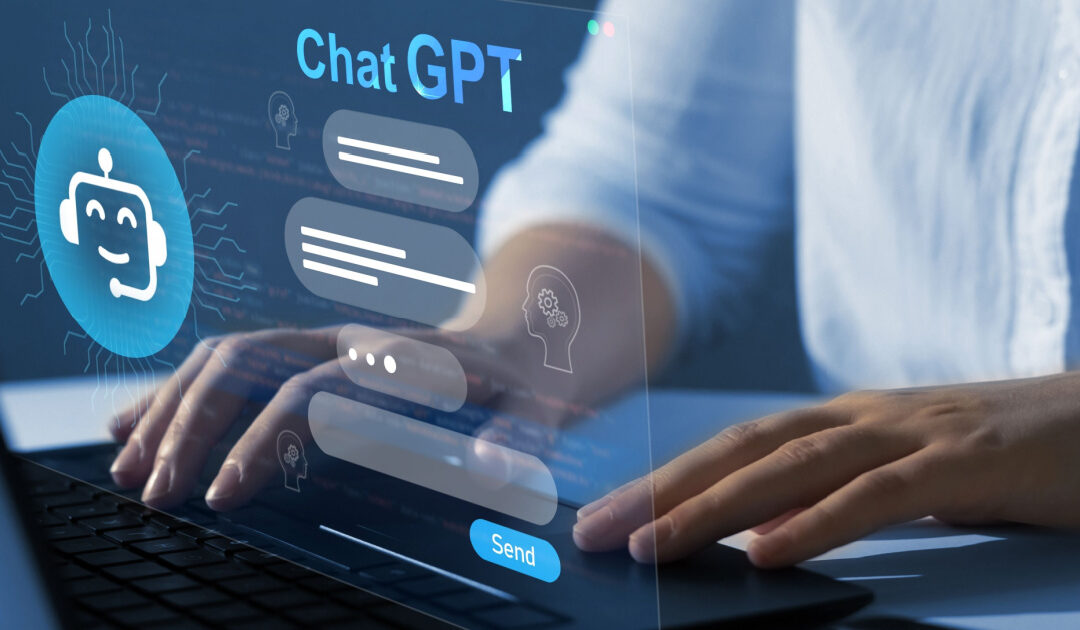In the latest TechWatch bulletin, we’ll continue our round-up of eye-catching technologies that have the potential to positively impact the legal sector.
Non-Fungible Tokens
There has been a lot of buzz in some circles around Non-Fungible Tokens or NFTs over the last couple of months.
An NFT is a unique unit of data stored on a public ledger of transactions known as a blockchain. The unique data could represent an image, an electronic deed to a piece of property, or a digital ticket for a concert. In contrast to these “non-fungible” tokens, cryptocurrencies such as Bitcoin and Ether—just like the British pound and other “fiat” government-issued currencies—are fungible; one pound in your bank has the same actual value as the pound in your pocket.
While an NFT is unique, it is important to keep in mind what that unique digital item actually is. In most cases, the NFT is a digital identifier recording ownership, not the actual item itself. What amounts to your “receipt” is reflected in the blockchain where the NFT is stored, but the item that the NFT ownership relates to is stored elsewhere.
NFTs are proof that a rare representation of anything, including digital items can create value which is then captured on the blockchain. In essence, this means that just about anything that is represented digitally could also carry a tangible value.
Some practical examples help to understand the concept.
The CEO of Twitter, Jack Dorsey recently announced he would be selling his first ever Tweet for an estimated value of $2.5m. The NBA are now also selling limited edition virtual basketball cards which feature short video clips of star basketball players. A recent “card” sold for more than $200,000.
How does this impact the legal sector? There are several areas that could be impacted by NFTs:
Wills, Trusts & Estates – Private and public keys to digital wallets will need to be considered as these can unlock assets with real value.
Anti-Money Laundering – Digital assets could be used to hide or launder actual funds.
Intellectual Property – Given that the very nature of NFTs are meant to provide uniqueness and ownership, NFTs will become another consideration in IP related work.

Microsoft 365 Teams Webinars
The Microsoft Teams Webinar feature started rolling out this month (though some have reported not having access to the feature just yet). Webinars will support up to 1,000 interactive attendees, with an “overflow” capability that will allow an extra 10,000 people to attend in a view-only broadcast experience mode.
The webinar functionality allows meeting organisers to create a registration link, which can then be customised with the event details such as the event title, date, time and description. However, as yet there is no option to add customisation such as branding or company logos.
Both the registration form and preview screens have an option to Copy the registration link. By copying this link you can then include it in email comms, social media, or wherever you chose to advertise your events normally.
Once the attendee has joined the webinar the experience is very similar to a normal Microsoft Teams meeting. They’ll be able to access meeting controls, chat and reactions. Attendees can also use their video, mute or unmute their audio, and share content. Webinar organisers can use Meeting Options to limit what an attendee can do during the event.

postDICOM
postDICOM is not an entirely new piece of technology but can be a huge timesaver for law firms that specialise in medical negligence claims.
DICOM (Digital Imaging and Communications in Medicine) is a standard protocol for the management and transmission of medical images and related data and is used in many hospitals.
DICOM is an international standard, used to communicate and manage medical images and data. Its mission is to ensure the interoperability of systems used to produce, store, share, display, send, query, process, retrieve and print medical images, as well as to manage related workflows.
When medical records concerning a case are requested, quite often several DICOM based files will be received that require a special application to view these. Free viewers such as MicroDicom are often used by firms, but the real challenges come about when these images have to be shared with medical experts. Traditionally, these images were copied to a DVD, along with the relevant software and sent to a medical expert. The drawback is that a lack of IT knowledge can make it difficult to effectively view the images through the supplied viewer software. That’s after significant time has been deployed copying the files to a DVD in the first place.
I was heartened therefore to come across postDICOM (www.postdicom.com). It’s an online solution that allows firms to securely share DICOM images with 3rd parties. Not only that, but the solution also has a built-in DICOM file viewer, allowing the images to be easily accessed and viewed online. Each set of images is upload to a client folder and made available only to those who have the authorisation to access.
All the DICOM metadata is uploaded with the files so that the original patient data can be viewed alongside the images. postDICOM even features an API, allowing potential integration into case management systems.
A huge time saver that gets around the challenges with managing and sharing DICOM files.
That’s all for now, stay tuned for the next TechWatch.
More from our TechWatch Series…

Why upskilling is important?
When we are sat at our desks doing our day-to-day job, we know what work needs to be done, what the outputs should be and the time by which we need to do something. We all experience pressures around areas such as accuracy, speed and client service. Knowing what we...

Guest Blog: PSTN switch off – Are you ready?
With the PSTN/ISDN switch off fast approaching (scheduled for 2025), many businesses are wondering how this event will change the infrastructure of their enterprise and what can be done to negate any potential disruptions to business as usual. That’s why we’ve created...

Basic cyber security questions for your IT Advisors
A series covering simple questions that you can ask your IT Team/Managed Service Provider (MSP) to help improve security. For many law firms, dealing with cyber prevention can be mind boggling in its complexity. ‘Attack surfaces’, ‘threat actors’, ‘dark web’ – all...

Baskerville Drummond in elite Band 1 of Chambers new guide
Baskerville Drummond is delighted to announced that it has been given a Band 1 rating in Chambers and Partners’ new LawTech Consulting guide. In common with all Chambers’ guides and directories, this is an independent evaluation of market players, with research...

Why does an Email address matter?
“First impressions count” is an old, somewhat superficial saying which nevertheless portrays a simple yet powerful message. It is human nature to make snap decisions or form impressions of someone or something with minimal information but based on often subconscious...

Chat GPT
Over the last few months, it has been impossible to avoid the explosion of “AI” news with a plethora of new developments and products being discussed on mainstream news, in the legal press, LinkedIn and networking events. Huge and exciting strides are being made in...

Webinar – Practical Advice On Cyber Risk & Solutions | 16 May 23
Save the date - Baskerville Drummond & Mitigo Webinar Practical advice on cyber risk and solutionsThe webinar will be introduced by Cathy Kirby from Baskerville Drummond, and features Kerrie Machin from Mitigo Group, who will provide guidance on: How to know if...

Should IT skills be tested when hiring?
I have been asked the question “Should IT skills be tested when hiring” many times when working both “inhouse” and as a consultant, and I still have the same answer as I did 5 – 6 years ago…

What Is It Like to Transition from An Internal IT Manager to An IT Consultant
Transitioning from an internal IT manager to an IT consultant can be a significant but exciting change in career path. While both roles involve managing technology, the responsibilities and challenges are quite different.

Webinar – Effective Financial Reporting in Law Firms: How to make a difference with your Management Information | 31 March 2023
Save the date - Baskerville Drummond & Katchr Webinar Effective Financial Reporting in Law Firms: How to make a difference with your Management InformationMaking your law firm more profitable and more cash generative should be the driver for all your financial...








